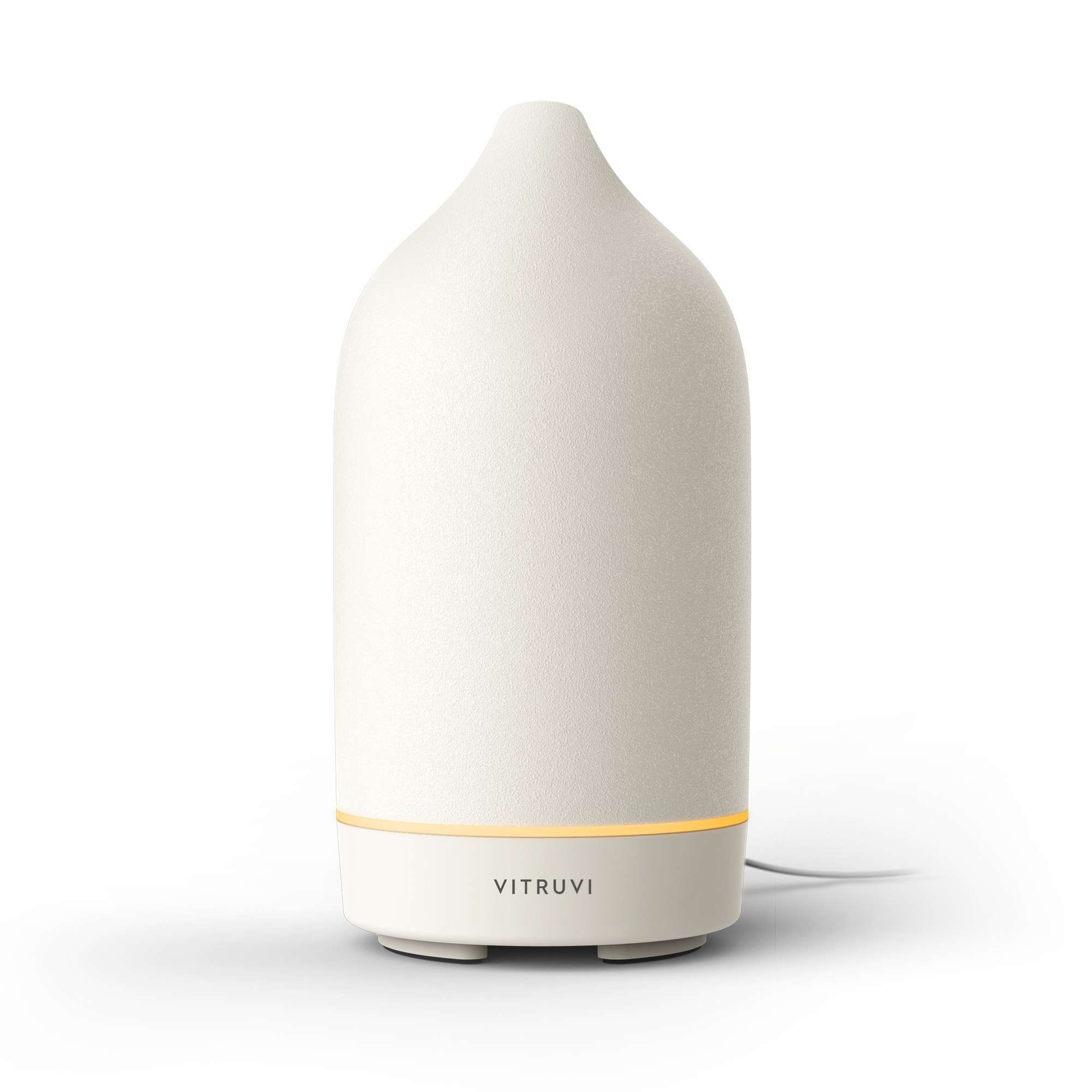Yasmin Khan, the best-selling author of cookbooks The Saffron Tales and Zaitoun, has not had a conventional route to food writing. Born in London to a Pakistani father and an Iranian mother, Khan studied law at university, earned a master’s in social policy, and then worked in the non-profit sector for 10 years.
But, she says, throughout it all, her mission hasn’t changed. “When I was a human rights campaigner, what I realized made the most difference was storytelling and building empathy,” she reflects over video. “That’s the exact same premise as I have with my cookbooks—so I’m sharing stories of olive farmers in the West Bank, or Syrian doctors in a Greek refugee camp, or hip-hop musicians in Tehran. Humans have more that unites us than divides us, and food is such a great vehicle to tell those stories.”
It’s clear, even through a laptop screen, that Khan has a gift for connecting with people. She smiles often and talks with passion about everything from 1980s movies to her yoga nidra practice, which she’s been using to help her throughout these difficult times. She’s also been relying on food to improve her well being—no surprise, really.
“Obviously, healthy eating is really crucial,” says Khan, who bemoans the lack of the UK’s public health messaging around immune-boosting foods. “I am a big follower of Eastern food traditions, so I employ a lot of Traditional Chinese Medicine and ayurvedic principles into the foods I eat.”
For Khan, the daughter of a nutritionist, that means putting together meals that help her feel healthier and stronger, or mentally calmer and more grounded. Having said that, she’s no moralist.
“The kitchen can be a very meditative space, and I think that’s why we saw people making banana bread or making sourdough [at the start of the pandemic]. In that way, food has been very comforting to a lot of people. But I don’t want to over-egg that, because I also think that people’s relationship with food can be determined by their mental health,” she says. “When I’m particularly anxious or stressed, I actually don’t want to cook. That’s when I’m just eating cheese toasties, you know? So while everyone has been like, ‘Let’s embrace cooking in the lockdown,’ it’s also okay if that isn’t your thing. Sometimes, especially with Instagram, food culture’s become a bit performative.”

Besides pulling back the curtain on social media foodies, Khan is all about dismantling stereotypes.
“I think the common misperception is that people in the Middle East are sitting on the floor in headscarves, rolling out bread with their bare hands,” she says wryly. “The modernity and the youth culture of the Middle East is just not really represented at all. What I try to do in my books is show a modern slice of life in Iran or Palestine or Turkey.”
To that end, she likes to share stories about frozen yogurt shops in Tehran or vegan bakeries in Istanbul—or places like Taybeh, which is the Middle East’s first microbrewery.
Her third book, Ripe Figs, comes out in April 2021. “I traveled around Greece, Turkey, and Cyprus cooking and eating with people from all walks of life,” says Khan, who describes the book as her most ambitious one to date. In it, she imagines the possibilities of a world without borders.
“The focus of my conversations at the kitchen table were very much around identity, migration, and how we deal with it,” she explains. “Because that area has seen the largest influx of people since the Second World War, with huge numbers of refugees coming from North Africa and the Middle East.” She adds, “There are some really hopeful stories in it, but there’s a lot of sadness in the book as well. Sometimes I think food writing can be a bit fake, as if all travel writing is just, like, wonderful. This book flips that on its head.”
And so, through food and through stories, Khan brings us together, at least in spirit. In an increasingly isolated world, we need that connection now more than ever.











